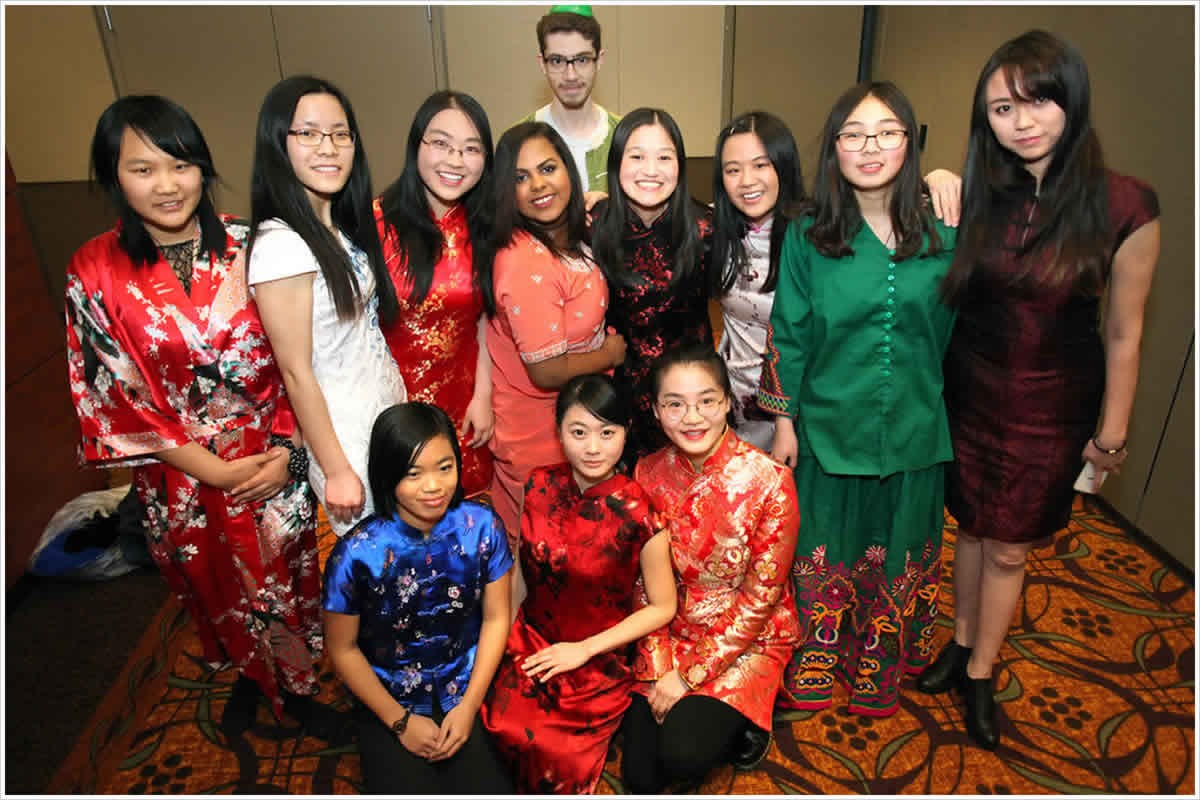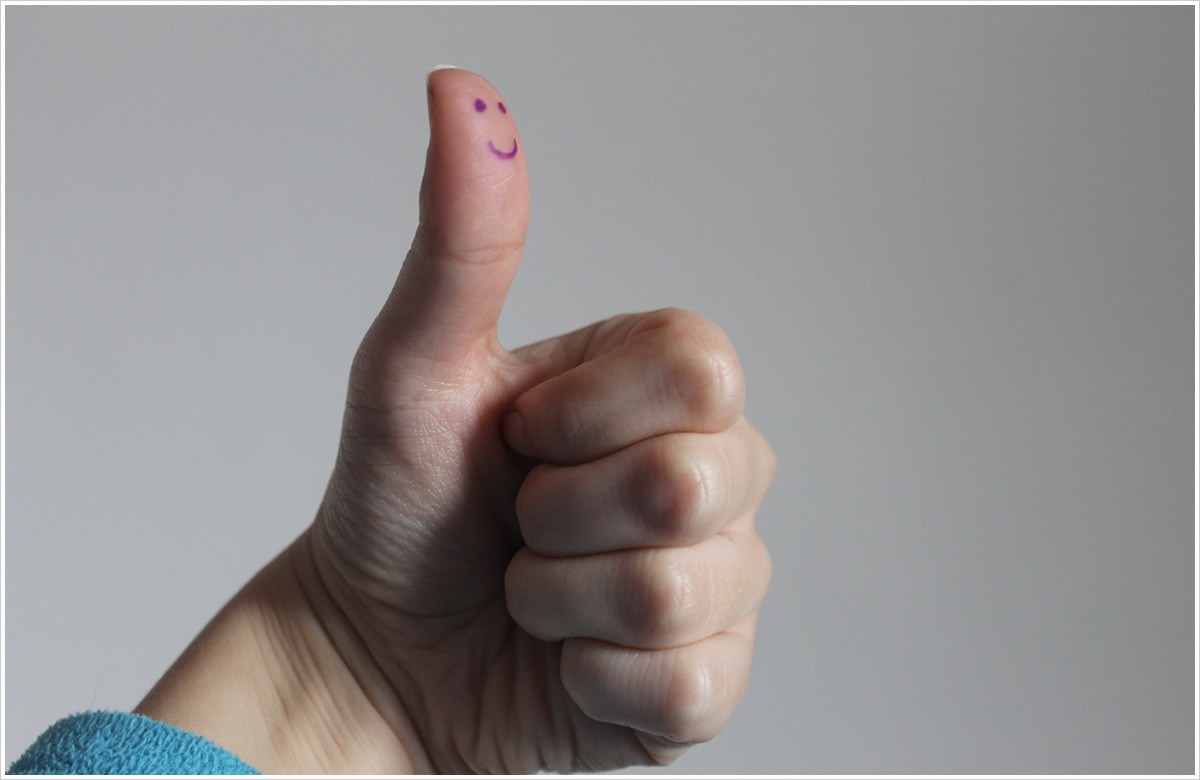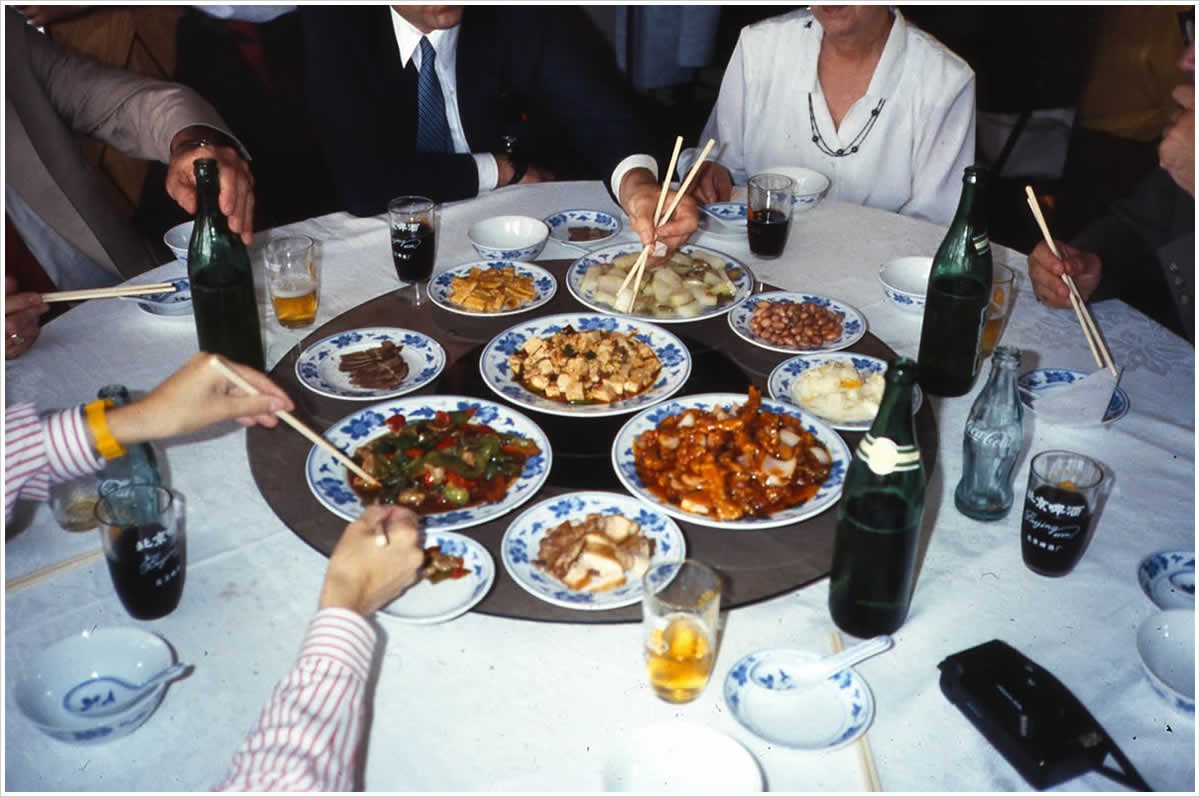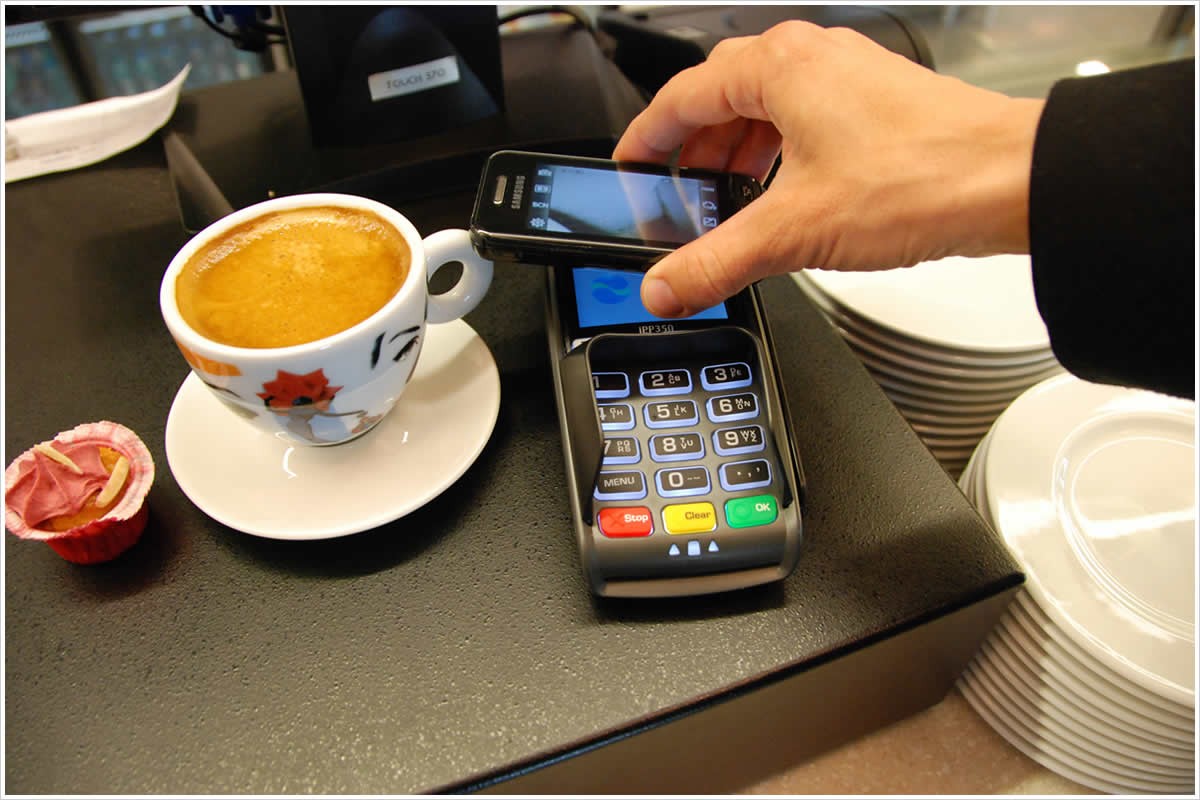Common Interpersonal Etiquette in China
As one of the oldest living civilizations on Earth, China has been developing its culture over millennia and during your study, you might notice that Chinese culture isn’t exactly what you’re used to. What might be culturally acceptable in the west might be taboo in China (and vice versa!).
There are many rules of politeness in China, and it can happen to anyone to make mistakes even after years of living in the country. Social etiquette in China is not only about how you express yourself but also about how you behave in different situations. In this article, we will teach you the common interpersonal etiquette rules to know to help you better study in China.

1. Meeting and Greeting
Do greet others by using a handshake or a nod. Don’t go straight for a hug. Especially when meeting someone for the first time. Any physical contact, apart from a simple handshake, may make your new Chinese friends feel uncomfortable.
Do address seniority by an honorific title (family relationship or e.g., 'teacher': laoshi) or by the family name plus Mr. (xiansheng), Ms. (nvshi). To address the eldest or most senior person first. This is done as a sign of respect to those in a more senior position. Don’t address elders using ‘ni hao’. Instead, use ‘Nin hao’. This is more polite, formal, and respectful.

2. Names and Titles
Use family names and appropriate titles until specifically invited by your Chinese host or colleagues to use their given names. Address the Chinese by Mr., Mrs., Miss plus family name. Note: married women always retain their maiden name.
Chinese are often addressed by their government or professional titles. For example, address Li Pang using his title: Mayor Li or Director Li. Names may have two parts; for example, Wang Chien. Traditional Chinese family names are placed first with the given name (which has one or two syllables) coming last (family name: Wang; given: Chien).
Chinese generally introduce their guests using their full titles and company names. You should do the same. Example: Doctor John Smith, CEO of American Data Corporation.

3. Body Language
The Chinese dislike being touched by strangers. Do not touch, hug, lock arms, back slap, or make any body contact. Clicking fingers or whistling is considered very rude. Never put your feet on a desk or a chair.
Blowing one's nose in a handkerchief and returning it to one's pocket is considered vulgar by the Chinese. Never use your index finger to beckon anyone. Attempt to change your request, allowing the Chinese to save face.

4. Gift Giving
Giving and receiving gifts can be a confusing matter for foreigners, and the Chinese etiquette around it is quite complex. Gifts are usually given when visiting someone’s home, when being invited for dinner, on major Chinese holidays, at a wedding, or a birthday party.
Present a gift with both hands. Gifts are generally not opened upon receiving unless your counterpart asks you to open the gift immediately. Older Chinese usually refuse a gift at first to be polite. Offer a second time.
Following Chinese etiquette, these items are not suitable for gifts in China: clocks, handkerchiefs, umbrellas straw sandals, and anything that resembles a stork or a crane. These items are associated with separation, death, or bad luck. Also, don’t give any sharp objects, like scissors or knives, as these could imply cutting off the relationship.
Gifts from your home country are always welcome and appreciated. Chinese people also like to receive fruit and other produce, especially when presented in a nice box or basket. However, do not give your Chinese counterpart a pear, as it’s associated with separation in China.

5. The Concept of Face
The concept of face in Chinese culture is a very complex one and it’s easy for a foreigner to unknowingly cause an embarrassing situation. Although it’s often assumed and accepted that a foreigner does not mean to cause someone to lose face, it’s still better to try and avoid uncomfortable situations for you or your Chinese counterparts. Here’s how you do that:
l Avoid behaving in a way that may make someone feel embarrassed or uncomfortable.
l Do not criticize someone in front of other people.
l Do not lose your temper, yell at people, or show anger in public.
l Do not talk too much about yourself and do not interrupt someone in the middle of a conversation.

6. Table Manners
When you arrive in the living room, do not sit directly on a seat at random, but wait for your host to tell you where to sit. Wait for them to tell you when you can eat and remember to try everything that is on the table. Avoid planting your chopsticks in your rice so that they stand up, and when finishing eating, put them in your bowl.
Don’t tap your chopsticks. Tapping your bowl or the table with your chopsticks is considered rude. Don’t use your chopsticks to pick food from the central dishes. This is typically considered unhygienic. Use the serving spoons or serving chopsticks provided.

7. Paying the Bill
Chinese people don’t like to split the bill, and always fight when it is time to pay for it. If you never fight about this with them, they will think that you are probably stingy, so remember to involve yourself in the fight and be the one to pay for the bill.
When going out in a bar, Chinese people prefer paying for their drinks round by round instead of ordering individually. When the bill is too expensive, one person will pay first, and the other can send him/her a red envelope (红包 hóngbāo) with money directly on WeChat or Alipay.

8. Numbers
Always pay attention to numbers and their significance or avoid them as appropriate:
l 8 is the luckiest number in Chinese culture. If you receive eight of something, consider it a gesture of goodwill.
l 6 is considered a blessing for smoothness and progress.
l 4 is a taboo number because it sounds like the word “death” and is considered unlucky.

9. Respect the Elders
Respecting elders is deeply ingrained in Chinese culture. When addressing elders, Chinese etiquette involves using the word “nin”, which is the polite version of the word “you” in Mandarin. The elders almost always come first in Chinese society. You greet them first in a meeting, and they get seated first at dinner.

10. Avoid Public Displays of Affection.
Even though public displays of affection in China are not as taboo as they used to be, it’s still wise to avoid them. Just like the body contact we mentioned in the “Greetings” section, the person you’re with might not be comfortable with PDAs, or the community you’re in might frown upon such acts. Play it safe and save all affectionate displays.

Helpful Hints
l Chinese find "no" difficult to say. They may say "maybe" or "we'll see" to save face.
l Show respect for older people. Offer a seat or right of way through the door to a colleague or older person as a polite gesture.
l Return applause when applauded.
l Refrain from being loud, boisterous, or showy.
l Do not be insulted if the Chinese ask personal questions such as "How much money do you make?" "How many children do you have?" or "Are you married?" Just change the subject if you do not want to answer.
l Asking about divorce would cause a Chinese person to lose face.
l Forcing the Chinese to say "no" will quickly end a relationship.
l Never say or act like you are starving and don’t ask for a doggy bag.
l Most Chinese women don't wear wedding rings. Don't assume marital status.

Chinese culture is unique, and it is essential when studying in China to learn the most important social codes. It will help you integrate yourself easily and Chinese people will consider you as part of their own.
- Submitted at Jul 7, 2022
- ( 2355 Views)
- Category Life in China
Articles You May Interest in
- 10 Registration Tips For 2023 Intake International Students 3388 Views
- Most Popular Chinese Universities and Majors for International Students in 2023 4082 Views
- List of Chinese Universities Available for Language Students Who Want to Come to China in 2023 Spring 6296 Views
- Notice on China to Drop COVID-19 Quarantine for the Incoming Person 2324 Views
- CUCAS Win The Chance to Apply to Chinese Universities for Free Winner Announced 2035 Views
- How to Write a Study Plan for Applying to Chinese Universities 14327 Views
Related Questions
- Get ABITUR, IELTS, TOEFL, PTE,GEOTHE,OET, DIPLOMA WhatsApp: +447401473736 Get your Degree & Certificate without Exams and get the best results 0 Answer
- Can I Enter China Early and Have a Trip Before Registering at University? 10 Answers
- I was Chinese and Can I Apply to Chinese Universities as an International Student? 7 Answers
- Can I study in China without knowing how to speak the Chinese language? 7 Answers
